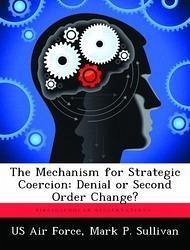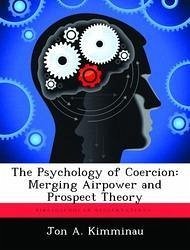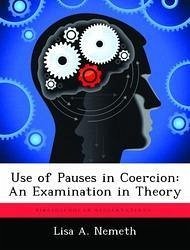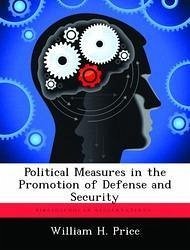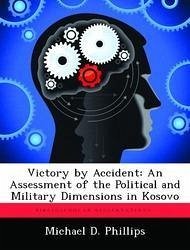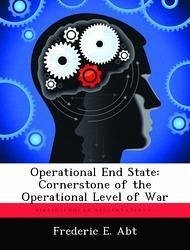Nicht lieferbar
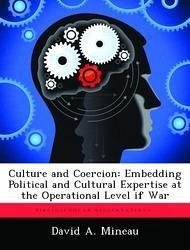
Culture and Coercion: Embedding Political and Cultural Expertise at the Operational Level If War
Versandkostenfrei!
Nicht lieferbar
Any military strategy short of imposing one's will through brute force must ultimately influence the adversary's political leadership. That leadership is a product of unique political and cultural systems. Operational-level strategists rarely have a sophisticated understanding of all potential adversary political and cultural systems and, therefore, are ill-equipped to develop influence campaigns without outside assistance. This thesis seeks to answer the question "is there a formal link between military strategists and the political and cultural expertise they need to formulate adequatestrate...
Any military strategy short of imposing one's will through brute force must ultimately influence the adversary's political leadership. That leadership is a product of unique political and cultural systems. Operational-level strategists rarely have a sophisticated understanding of all potential adversary political and cultural systems and, therefore, are ill-equipped to develop influence campaigns without outside assistance. This thesis seeks to answer the question "is there a formal link between military strategists and the political and cultural expertise they need to formulate adequatestrategies during campaign planning?" This thesis uses coercion theory to determine the kinds of expertise strategists need for developing influence or coercive strategies. At a minimum, strategists must know who the adversary decision makers are, what they value,and how they make decisions. Strategists need analysis based on a sophisticated understanding of the adversary's political, cultural, and psychological make-up.






